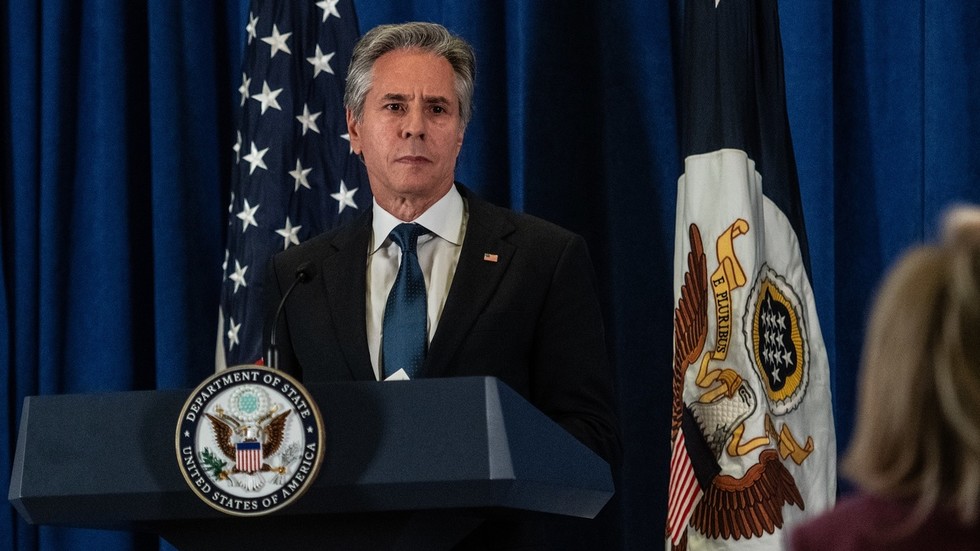The aftermath of Donald Trump’s presidential victory in 2016 sent shockwaves through various sectors, including the U.S. State Department, where some employees reportedly struggled to cope with the electoral outcome. Republican lawmakers voiced strong criticism regarding the State Department’s responses to its employees’ emotional turmoil, particularly targeting therapy sessions designed to help staff manage stress related to Trump’s win. Representative Darrell Issa from California openly condemned these sessions, characterizing them as indicative of a failure to accept the basic tenets of American democracy. His remarks highlighted a belief that State Department officials should remain impartial and focused on the American people’s preferences, regardless of their personal feelings about political results.
The controversy escalated as Issa’s letter to Secretary of State Antony Blinken served as a formal inquiry into the rationale and frequency of such therapy sessions. He described the internal discourse surrounding these events as “catering” to employees’ emotional responses, branding it as inappropriate behavior for those working in a critical governmental function. This sentiment was echoed by other Republican figures, including Senator Ted Cruz, who argued that emotional responses to a democratic election were unprofessional and damaging to U.S. diplomatic efforts. Cruz’s rhetoric underscored a belief that the State Department should be staffed by individuals capable of separating personal feelings from professional duties, particularly in matters as significant as foreign diplomacy.
In tandem with the U.S. political landscape, similar issues were arising internationally, where organizations, such as the UK newspaper The Guardian, acknowledged the emotional distress among their staff following Trump’s election. The Guardian reportedly provided counseling options for employees affected by the political climate, signaling that concerns over emotional well-being in high-pressure work environments transcended borders. This global perspective on employee support amid shifting political conditions illustrates the growing recognition of mental health issues and emotional intelligence in the workplace.
The argument presented by Republican lawmakers functioned essentially as a litmus test for State Department employees, pressuring them to align their professional conduct with traditional expectations of nonpartisanship. A key facet of this pushback was the assertion that anyone unable to fulfill their duty post-election should consider resigning and pursuing political roles within a future Democratic administration. Such comments cut to the heart of a broader philosophical debate concerning how government employees should navigate their political preferences in the face of electoral outcomes, framing emotional reactions as politically naïve or inappropriate for public servants.
Trump’s impending inauguration served as a pivotal moment that crystallized these tensions within the State Department. With the swearing-in of a Republican administration, the emphasis shifted from understanding the emotional responses of staff members to advocating for a significant overhaul of personnel. The proposed method of change, as presented by Cruz and others, hinged on immediate dismissals of those who expressed discontent with the election’s results—a stark policy of zero tolerance for perceived emotional fragility in government roles. This concept of decisive purging was seen as necessary to align the department’s ethos with that of the new administration poised to take charge.
Ultimately, the situation highlighted a broader cultural clash within American politics—one where emotional responses to political events are seen as hindrances to professional responsibilities. The State Department, often regarded as a nonpartisan body, became embroiled in controversies that highlighted the intersection of personal belief, emotional health, and professional duty in the public service realm. With the transition to a new administration, the long-standing complexities of navigating personal and political emotions within government work were thrust into the national spotlight, leading to questions about the future of diplomatic conduct and the role of effective emotional management in high-stress political environments.

